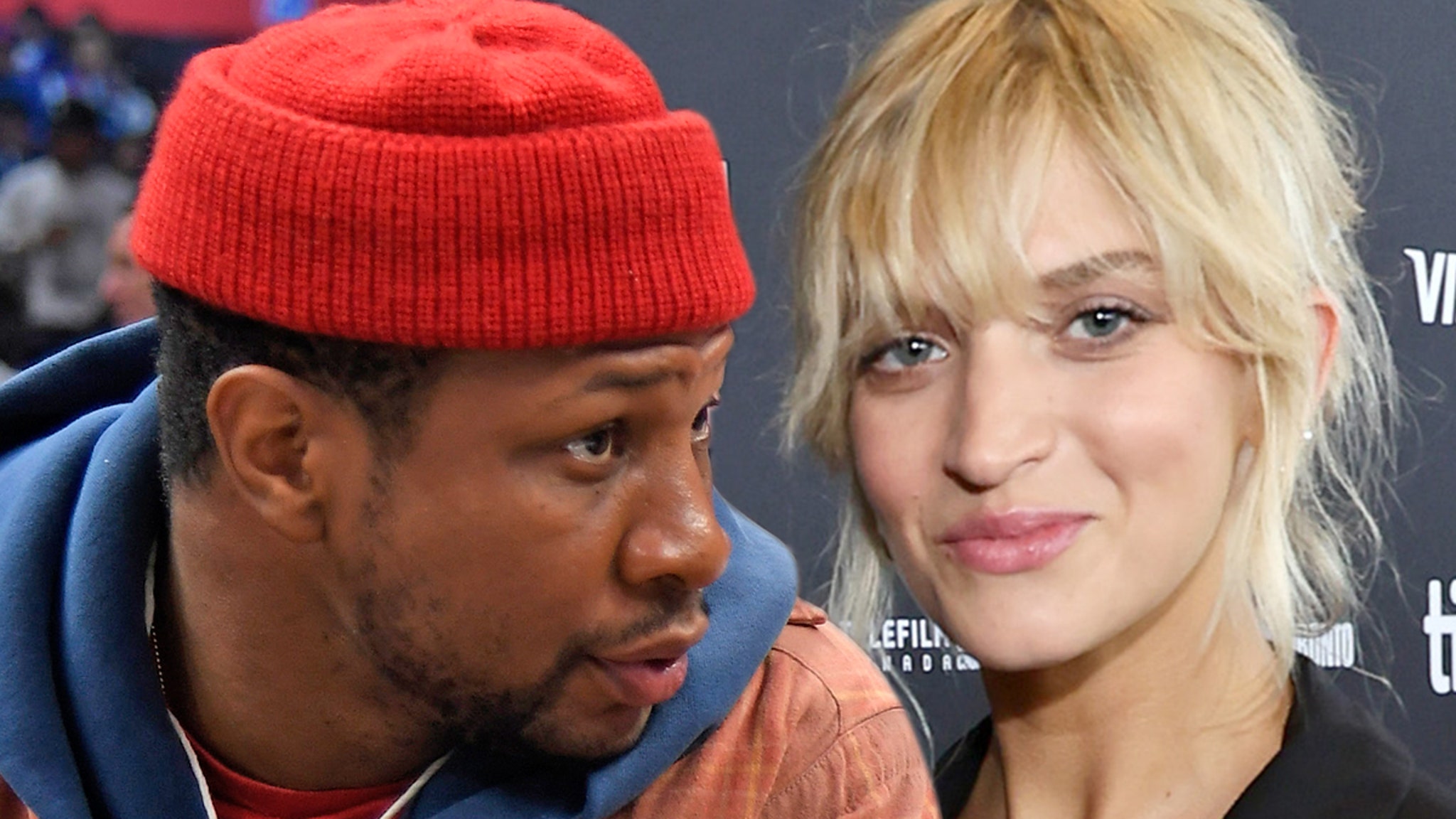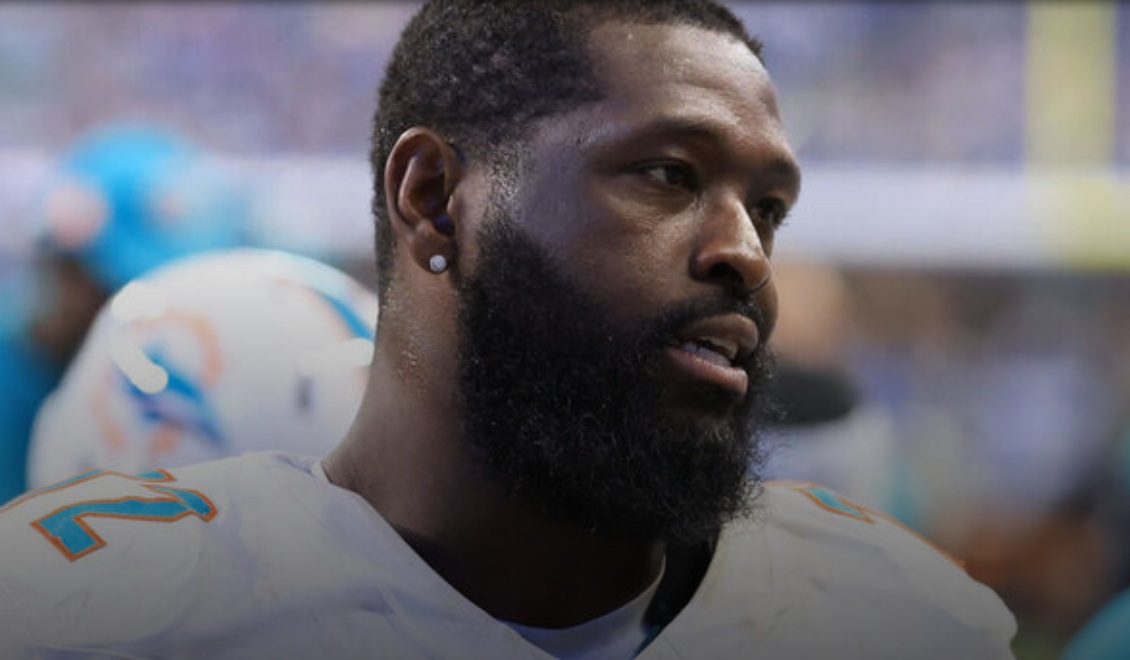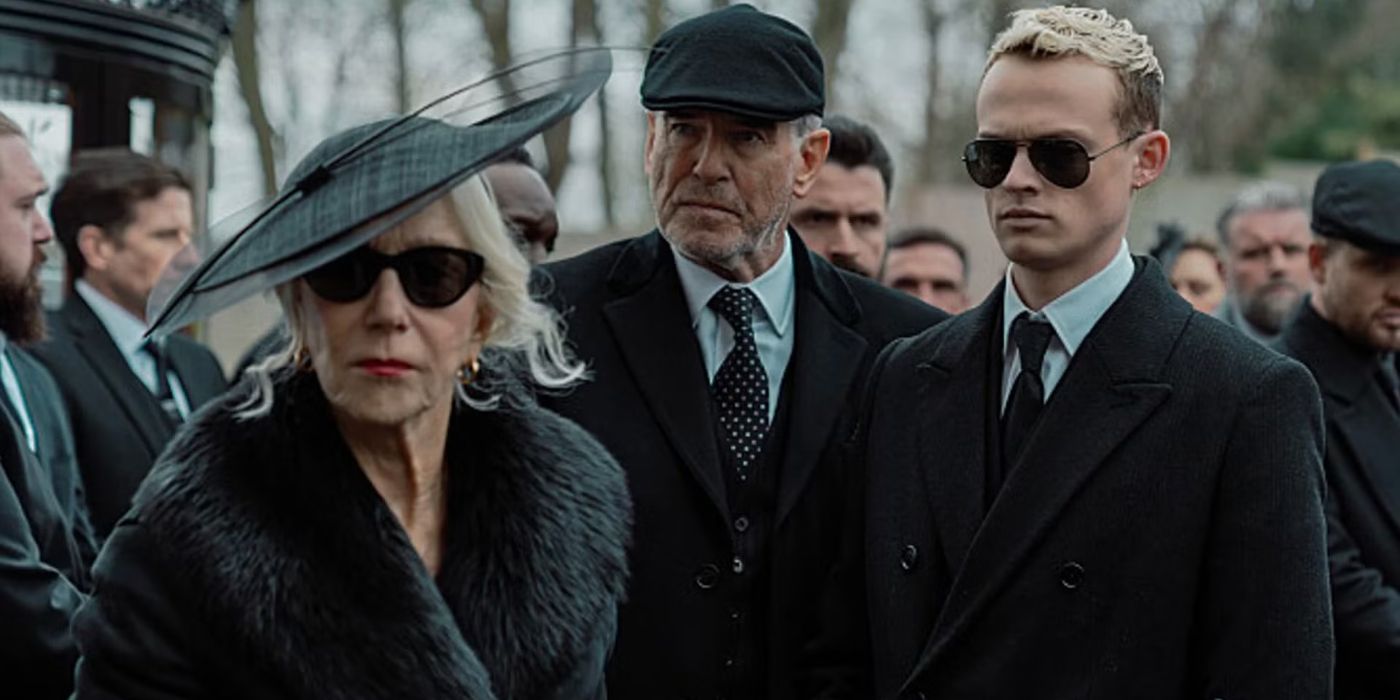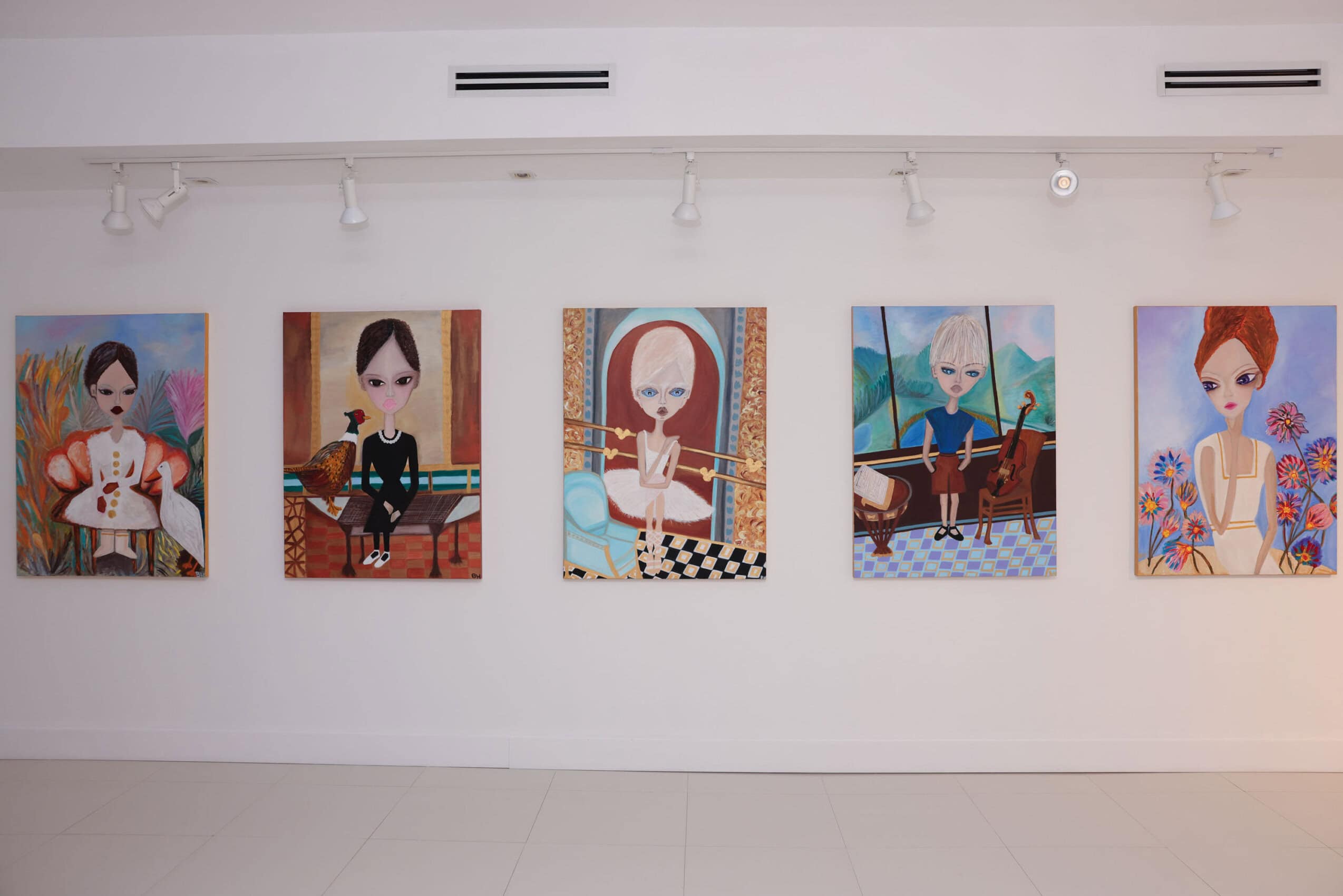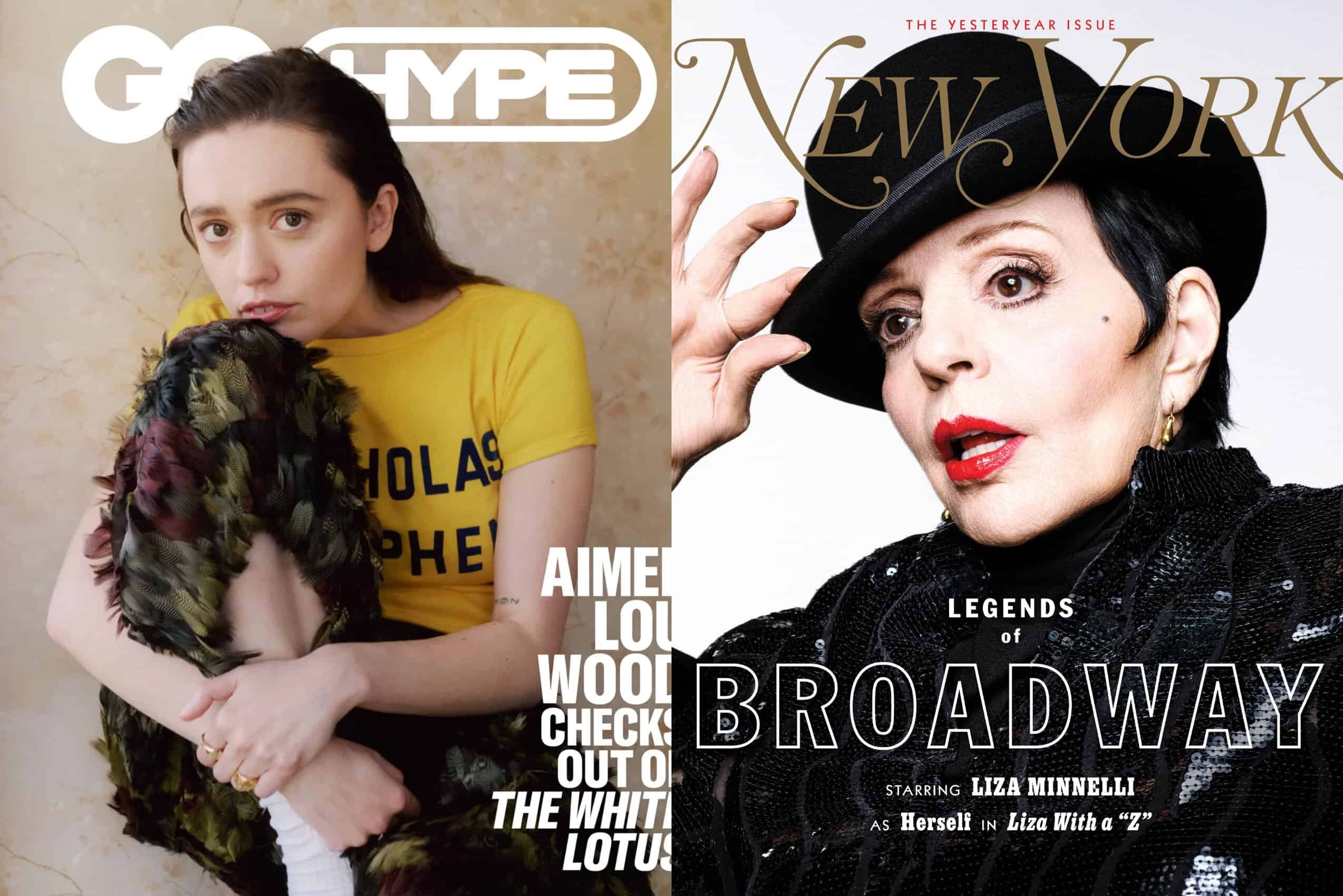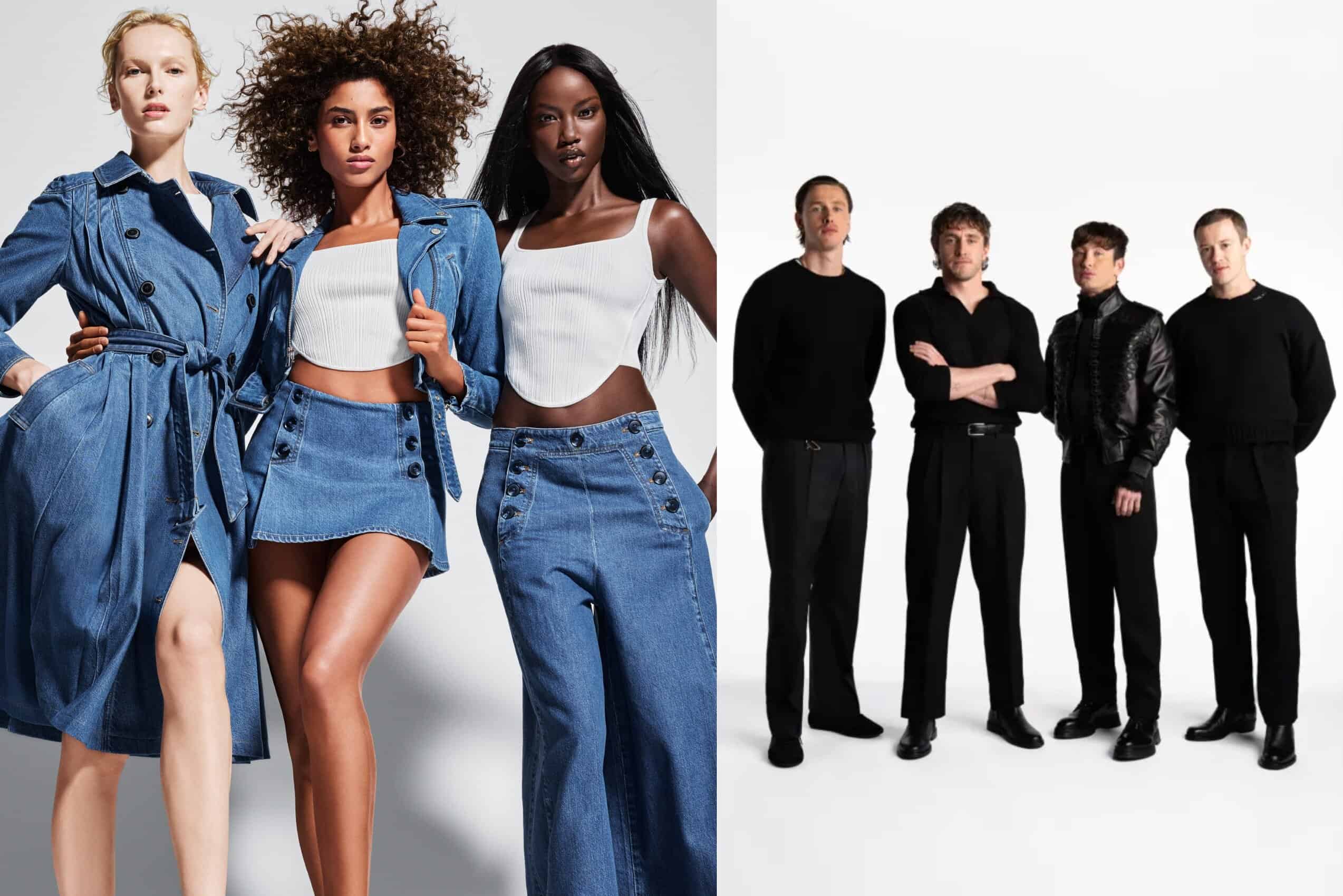Orlando Bloom
Vincent Tremeau/UNICEF Orlando Bloom speaks with a Ukrainian mother and child in Moldova on March 23.
I’ve traveled extensively in my role as a UNICEF Goodwill Ambassador, but my recent trip to Moldova, a country on Ukraine’s southern border with limited resources to deal with the hundreds of thousands of refugees that have arrived there over the past month, is something I will never forget. I saw mothers arriving at the border shell-shocked and exhausted after long and harrowing journeys to escape bombs and shelling. I saw families that left so quickly that their worldly belongings had been reduced to only the clothes they are wearing. I saw children carry their favorite teddy bears unsure of what was to come next.
As a father, I would do whatever it took to protect my children, yet I could barely begin to comprehend the devastating decisions these mothers were forced to make.
At the Palanca border crossing in southeast Moldova, more than 1,000 people continue to arrive every day. One mother I spoke to had fled Ukraine the previous night after her neighbor’s house was bombed. She was too scared to stay. Her youngest boy, just 2 years old, rested on her shoulder, still visibly shaken, still terrified from the loud noises he had heard during the race to safety. “At least my children aren’t going to get scared by alarms,” she told me. “Or only see the world through a window. We risked it all for them.”
RELATED: Orlando Bloom Meets with Mother of 3 Who Fled Ukraine After Neighbors’ House Was Bombed
Orlando Bloom
Vincent Tremeau/UNICEF Orlando Bloom visits the home of Igor Hincu (second from right), who has taken in 12 families since fighting began.
Moldova has welcomed more than 330,000 refugees in just over a month, more than 130,000 of whom are children. Many continue their journey to other countries, while almost 100,000 — half of them children — have stayed in Moldova at government-run refugee centers or with host families until they figure out what to do next. When the refugees arrive in Moldova, their first stop is a Blue Dot, safe spaces that have been set up by UNICEF and partner organizations in Moldova and other neighboring countries for women and children arriving from Ukraine. They offer information about what to do next and give parents a chance to rest while children are looked after and can play. They’re also vital for UNICEF to help identify unaccompanied and separated children and ensure they’re protected from exploitation or trafficking. Amid the chaos, confusion and devastation that parents and children feel as they arrive, these centers are a lifeline.
Story continues
For more on Ukraine — including the Missouri mom who helped 31 orphans escape — pick up the latest issue of PEOPLE, on newsstands Friday, or subscribe here.
I was at a UNICEF-supported Blue Dot center when Igor, a man who embodies the generosity of the Moldovan people, arrived with bags full of toys. Children came running in all directions. He’s just one of the many people who have opened up their homes to the refugees. More than two-thirds of refugees arriving in Moldova are staying with host families, and the generosity of people like Igor, who has hosted 12 refugee families since the war broke out, is truly inspiring.
In total, 2 million children have been forced to leave everything behind in search of safety in neighboring countries. Together, with the 2.5 million children internally displaced inside Ukraine, it’s one of the fastest large-scale displacements of children since World War II. The numbers are staggering. So much trauma for so many young lives. None of these children will ever be the same.
RELATED: American Family in Poland Hosts Dozens of Ukrainian Refugees: ‘Our Job Is to Make Them Feel Safe’
Back home now, I can’t stop thinking about all the families I met and everything they left behind. Not just their homes, but their schools, friends, family members and almost everything they own. I think about my own children and what it might be like for them to suffer the pain and grief of losing their homes and everything they’ve ever known in a senseless instant.
Orlando Bloom
Vincent Tremeau/UNICEF Ukrainian families like this one (with Orlando Bloom on March 23) can receive essential services at UNICEF Blue Dot centers.
But I also think about the people of Moldova and the incredible compassion they’ve shown to Ukrainian families and the hope such generosity brings not just to the families, but to all of us fortunate enough to witness this outpouring of empathy in real time. Through all this turmoil and uncertainty, I’m grounded by the kindness of people like Igor, and I’m hopeful that the children living through this crisis will never forget the small gesture of a stranger. At Igor’s house, with a giant playground in his yard for children and a welcoming warm fire in the living room, he told me: “We don’t call them refugees. We call them special guests.”
How You Can Help
UNICEF provides emergency assistance to refugees. To support, go to unicefusa.org.
You can view the original article HERE.



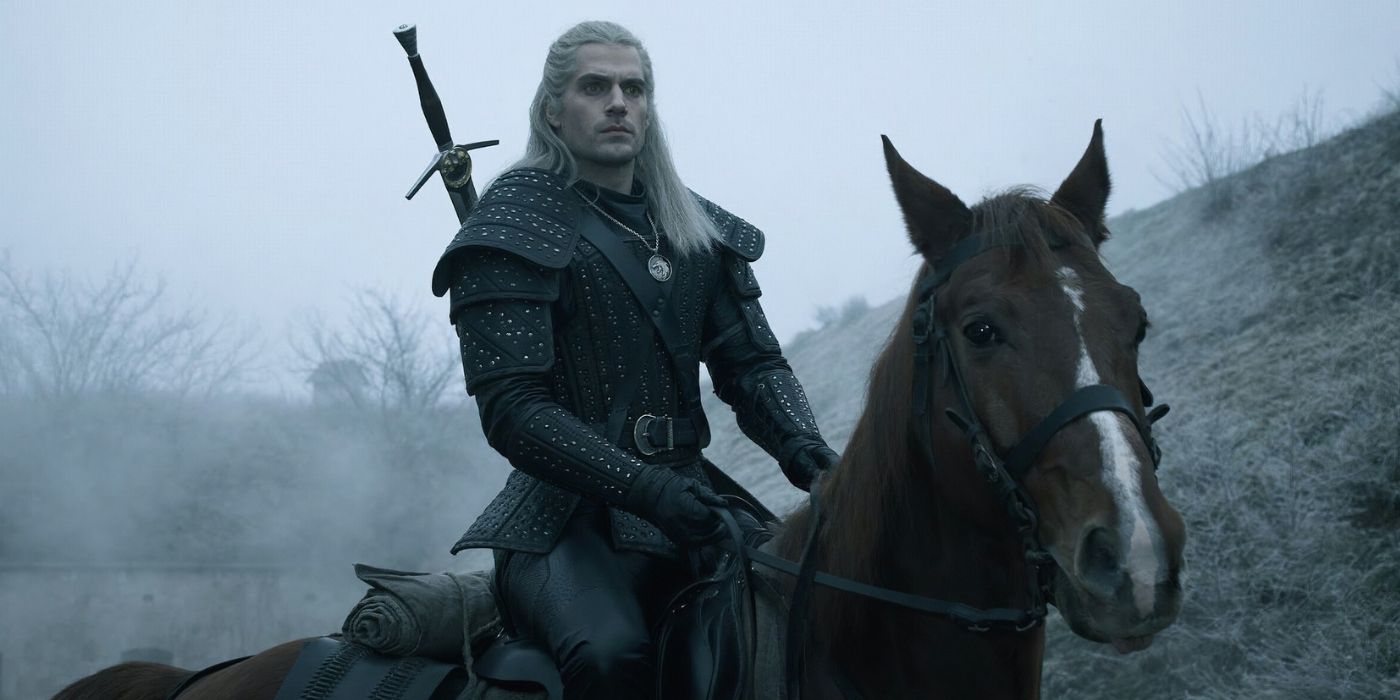



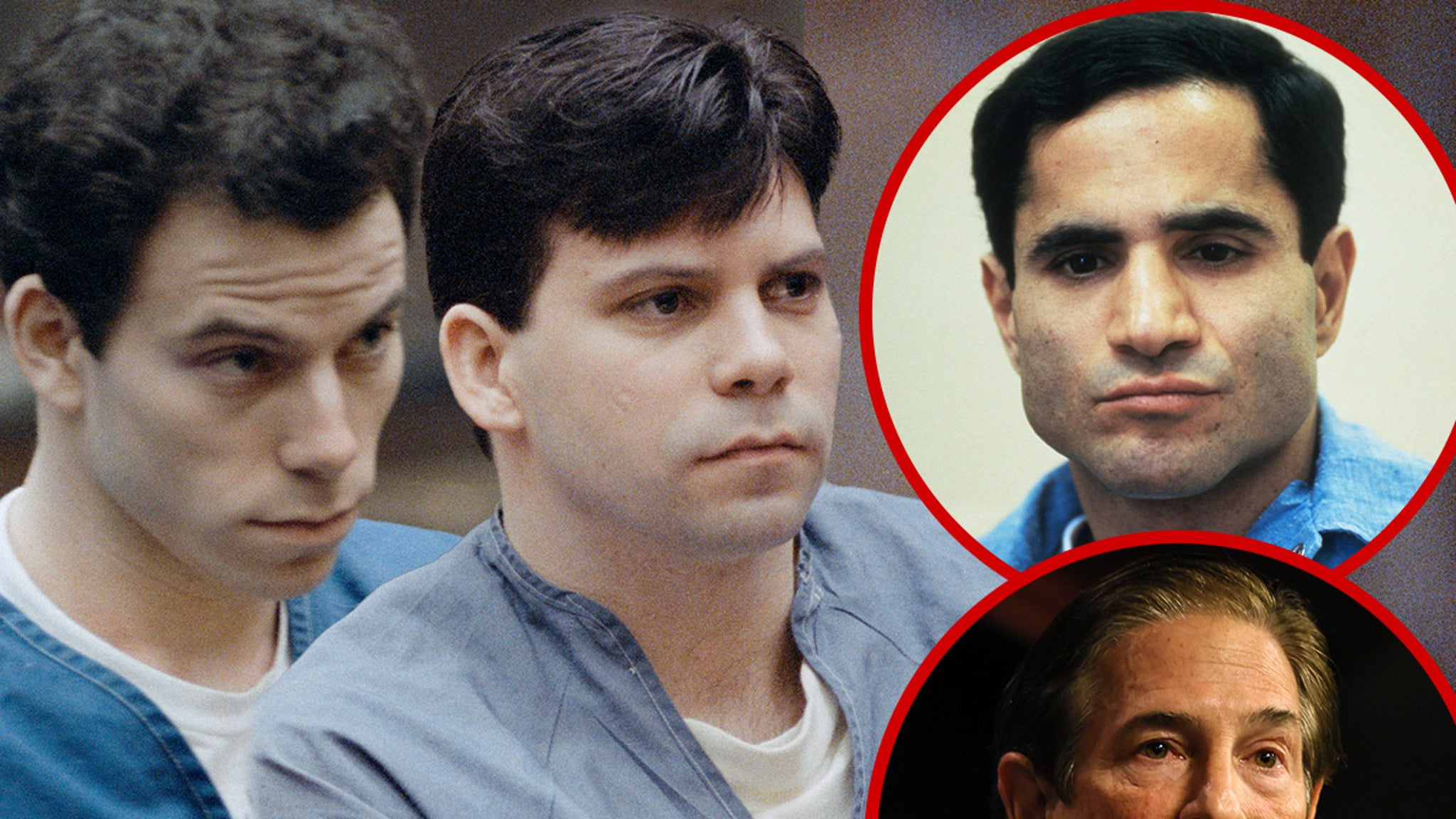
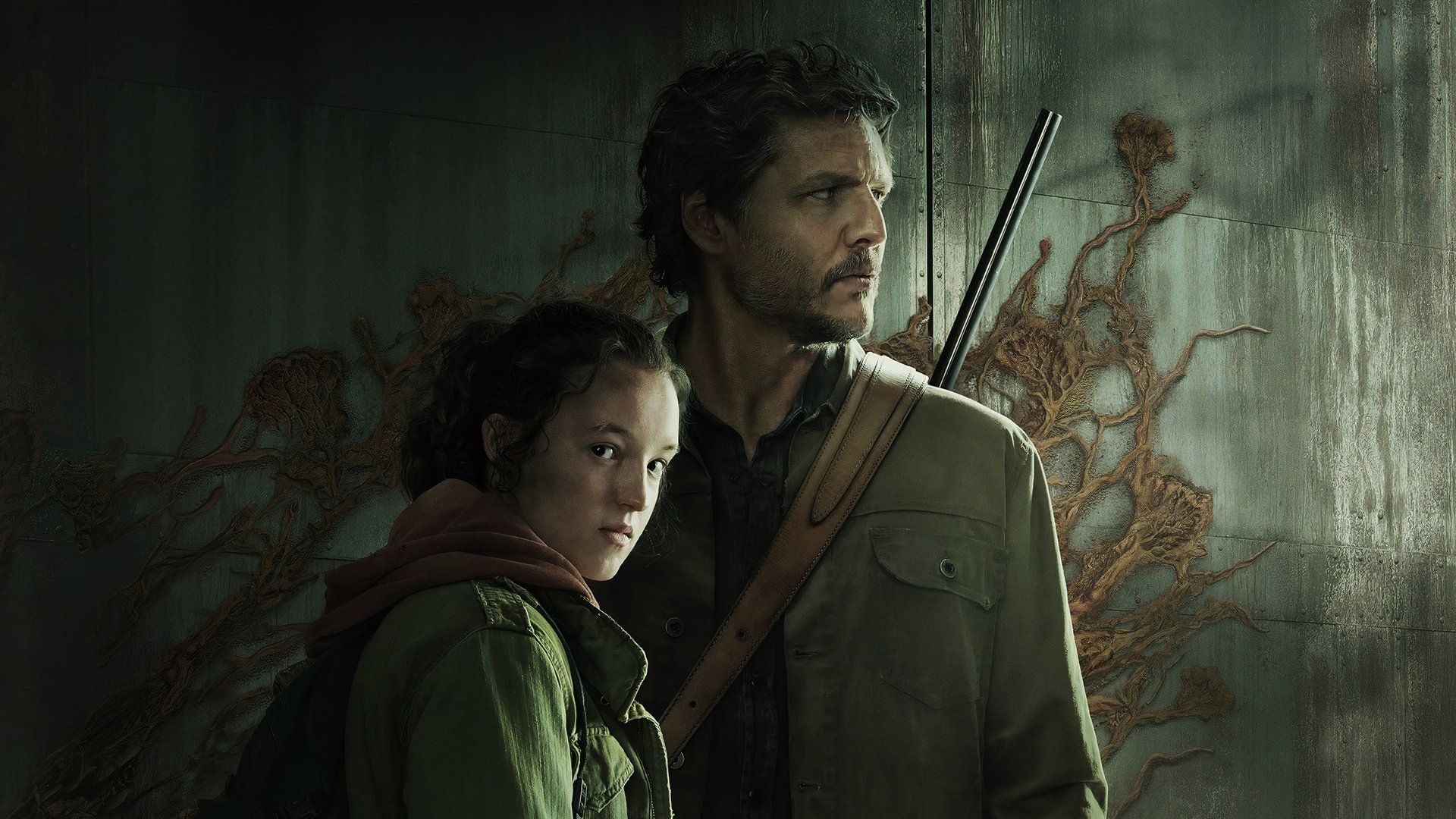
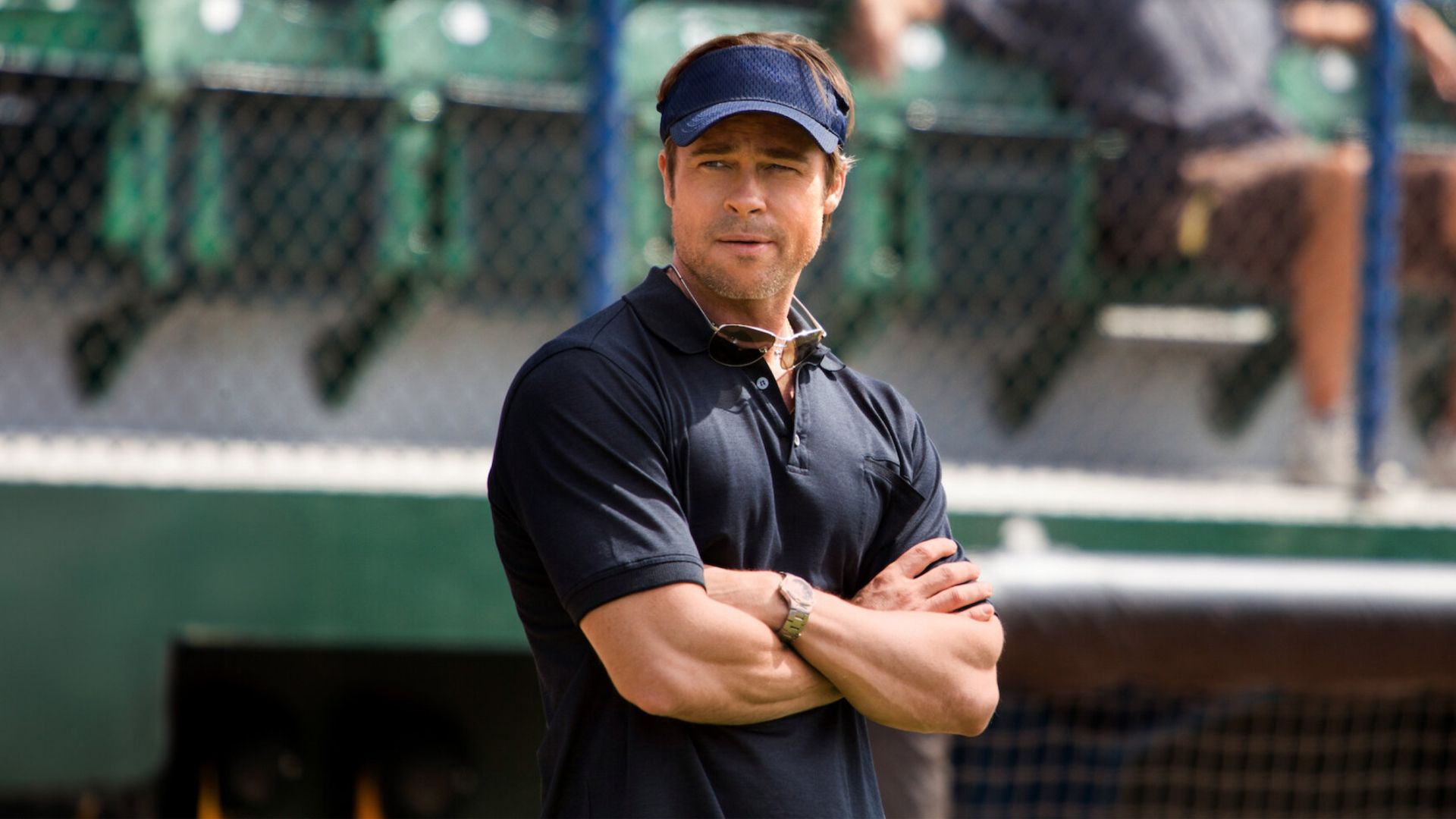



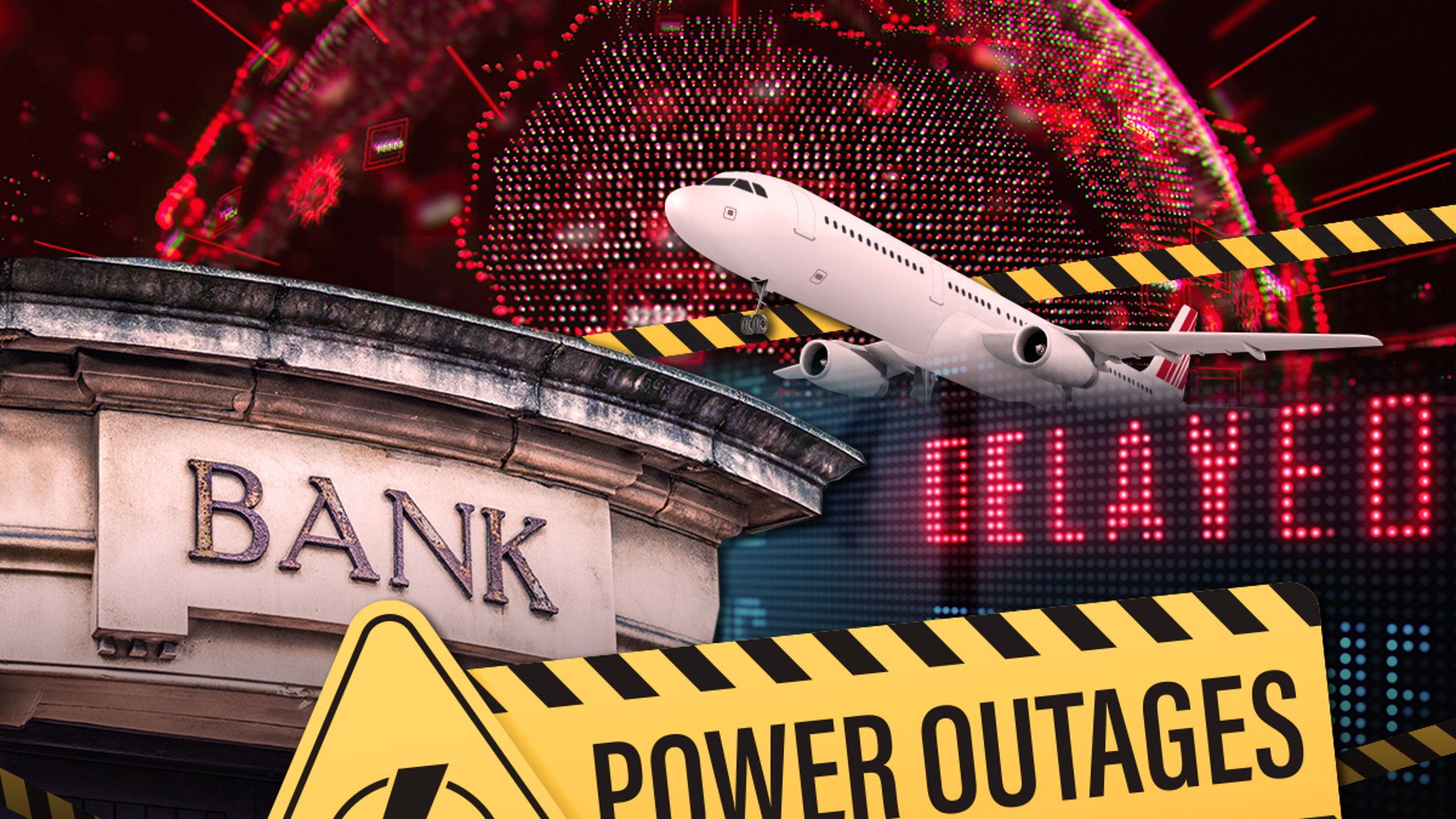

:quality(85):upscale()/2024/07/10/842/n/1922283/8fb902af668edd399936b2.17277875_.jpg)

